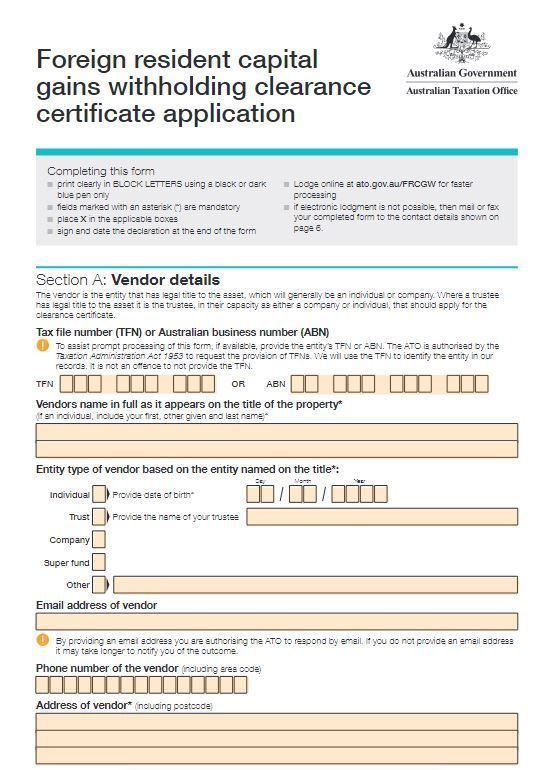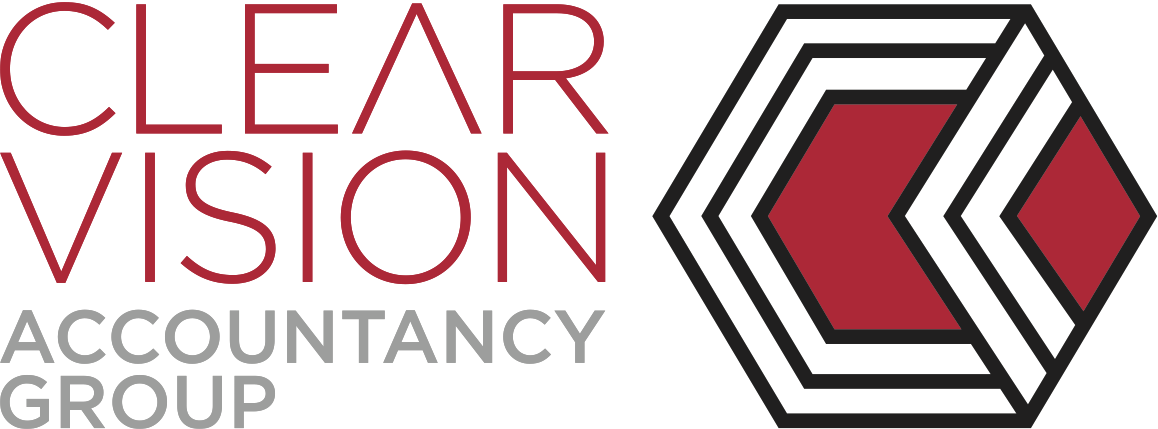Clearance Certificates - Australian Residents

From 1 January 2025 all Australians selling property need a clearance certificate to prevent a portion of the sale price from being withheld. While it is understood that most lawyers are handling this process for their clients, it’s important for everyone involved to be aware of this requirement.
Clearance certificates for Australian residents
All Australian residents (for tax purposes) selling or disposing of Australian real property (property) must have a clearance certificate and give it to the purchaser at, or before settlement.
Without a clearance certificate, the purchaser must withhold up to 15% of the sale (or market value if not sold at arm's length) for foreign resident capital gains withholding (FRCGW) purposes.
Example: the importance of getting a clearance certificate early – 15% withheld from sale
Willow and Stanley are Australian residents for tax purposes. On 1 September 2024 they decide to sell their family home, their main residence. They need the funds from the sale to purchase a new residence.
They are both listed as owners of the property on the certificate of title, so both must apply for their own clearance certificate.
They find a purchaser on 8 January 2025 and sign the contract of sale, with a settlement 30 days later on 6 February.
They don’t apply for a clearance certificate until 15 January and don't have both of their clearance certificates at, or before settlement.
The property sold for $600,000, however:
• Willow's clearance certificate issued and was given to the purchaser
• Stanley was still waiting for his clearance certificate.
The sale goes through and settlement occurs. As Stanley didn't have a clearance certificate at settlement, 15% of Stanley's share of the sale ($90,000) must be withheld by the purchaser and paid to us.
Stanley must wait until his 2025 tax return is lodged and processed for a refund.
As the purchaser had received a clearance certificate from Willow, there's no withholding required on her share of the sale. (Example provided by the ATO website)
If you would like to read more about Clearance Certificates, please click on the below link:
https://www.ato.gov.au/individuals-and-families/investments-and-assets/capital-gains-tax/foreign-residents-and-capital-gains-tax/foreign-resident-capital-gains-withholding/australian-residents-and-clearance-certificates#ato-ClearancecertificatesforAustralianresidents





